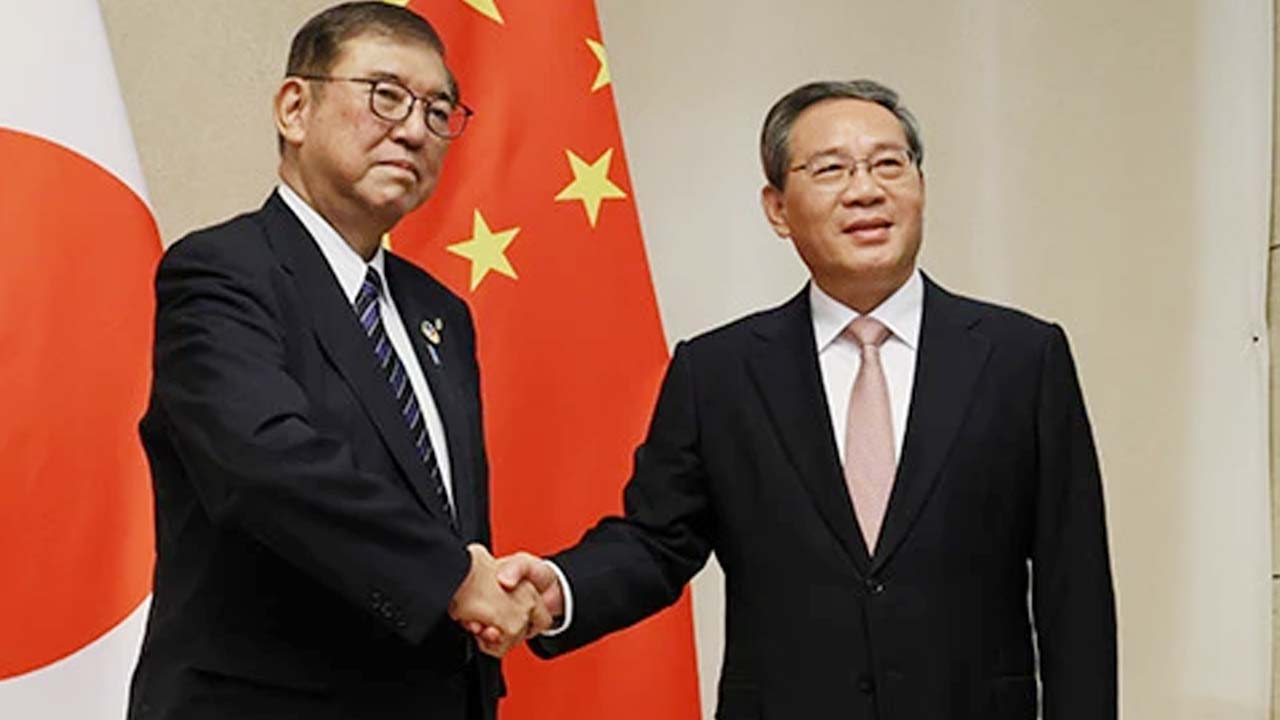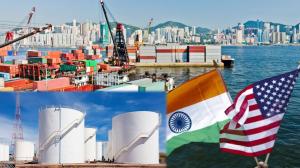
Japan-China Relations Amid Tensions: During a meeting on October 10 in Vientiane, Laos, Japanese Prime Minister Shigeru Ishiba and Chinese Premier Li Qiang reaffirmed their commitment to enhancing mutually beneficial ties, despite escalating concerns regarding Chinese military activities and the recent killing of a Japanese schoolboy in China. This meeting marked Ishiba's first encounter with a Chinese leader since taking office on October 1.
Ishiba articulated Japan's serious concerns about Chinese military movements near its territory, including a military aircraft incursion in August. He also urged China to provide clarity on the circumstances surrounding the death of the Japanese student in Shenzhen and to ensure the safety of Japanese citizens in China. Additionally, Ishiba addressed the ongoing Chinese import ban on Japanese seafood, which was enacted following Japan’s release of treated radioactive water from the Fukushima No. 1 nuclear power plant. He called for China to promptly lift these restrictions.
The discussions included Ishiba's separate meeting with South Korean President Yoon Suk-yeol, where they agreed to further strengthen their bilateral relations, which had improved significantly under Ishiba's predecessor, Fumio Kishida. Although Ishiba supports the creation of an Asian version of NATO, this topic was not raised in either meeting.
Ishiba also voiced strong opposition to China's military activities in the East China Sea, emphasizing Japan's concerns about sovereignty violations and militarization in both the East and South China Seas. He underscored Japan's commitment to maritime security cooperation with ASEAN nations and the significance of maintaining peace across the Taiwan Strait. Lastly, he expressed concern over North Korea's advancing nuclear capabilities.











